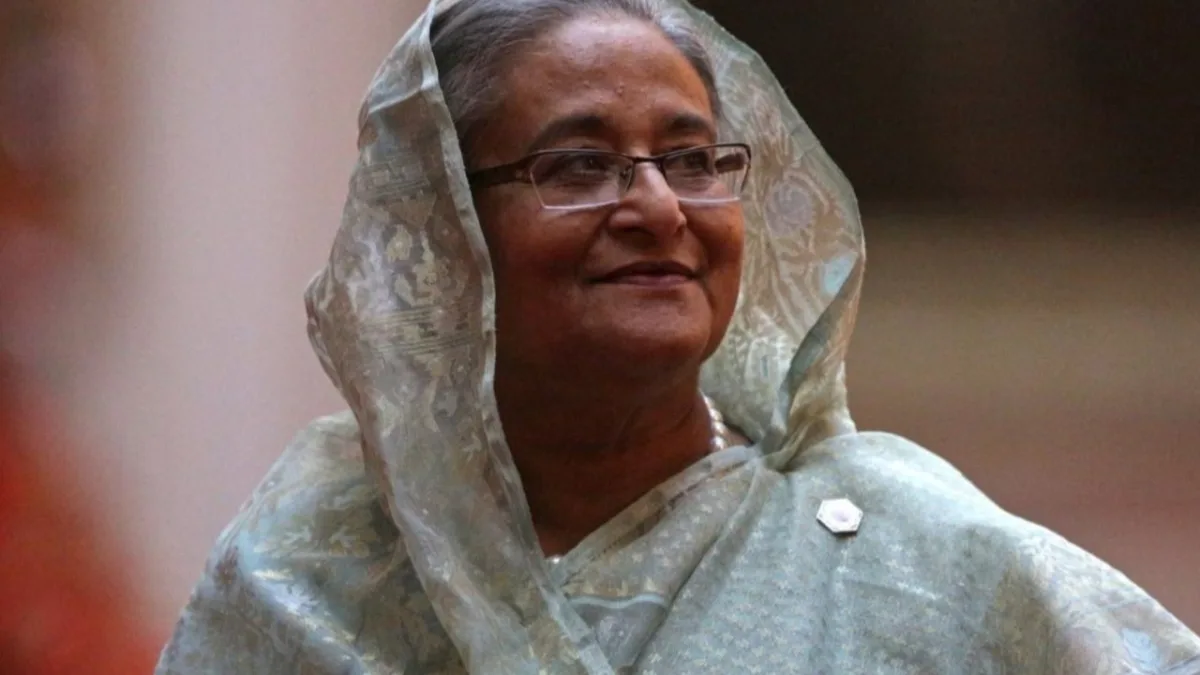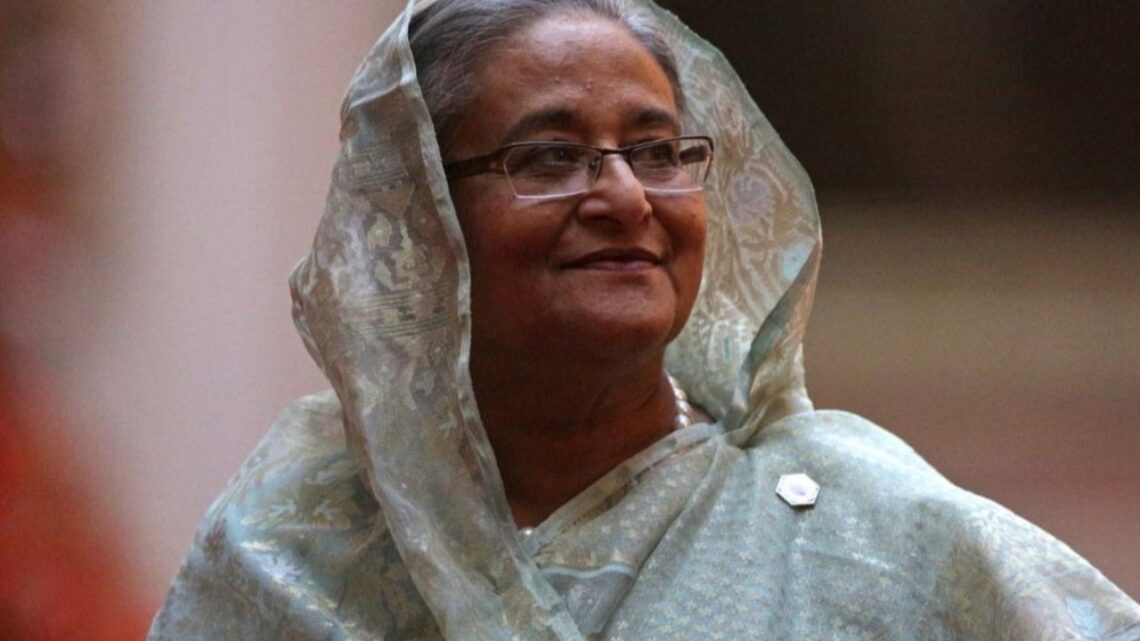Bangladesh Prime Minister Sheikh Hasina resigned and left the country on Monday. This move comes amid some of the worst violence the nation has seen in over five decades. Media reports confirm that the unrest has led to multiple casualties, further destabilizing the country.

Bangladesh Army Chief Wakar uz Zaman addressed the nation in a press conference, announcing that the army would take control of future decisions. “There is a crisis in the country,” Zaman stated. “I have met Opposition leaders, and we have decided to form an interim government to run this country.”
In his address, Zaman emphasized the army’s commitment to protecting citizens and restoring order. “I take all responsibility and promise to protect your life and property. Your demands will be fulfilled. Please support us and stop the violence. If you work with us, we can move towards a proper solution. We cannot achieve anything through violence,” he urged.
Reliable sources disclosed that Sheikh Hasina and her sister had vacated Ganabhaban, the Prime Minister’s official residence, and relocated to a safer location. “She wanted to record a speech but did not get an opportunity to do that,” a source told AFP.
General Wakar uz Zaman, appearing on state television in military attire, reiterated his plan to form an interim government. “The country has suffered a lot, the economy has been hit, and many people have been killed. It is time to stop the violence,” he said, expressing hope that the situation would improve following his address.
Zaman also mentioned discussions with the president and key opposition figures, excluding Hasina’s Awami League, to form the interim government. His military career spans nearly four decades, including service as a UN peacekeeper and roles within the Prime Minister’s office.
“If the situation improves, there will be no need for an emergency,” he said, vowing to prosecute those responsible for recent violence. “The task of the students now is to remain calm and assist us,” he added.
Earlier reports by AFP suggested that Hasina’s resignation was imminent, as violence continued to escalate. Student activists had called for a march to Dhaka, defying a nationwide curfew, demanding Hasina’s resignation. The unrest intensified with at least six reported deaths in clashes between police and protesters in the Jatrabari and Dhaka Medical College areas.
Law Minister Anisul Huq expressed uncertainty about the volatile situation, admitting, “What is happening, I myself don’t know.”
As protests raged on, armored personnel carriers and troops patrolled the streets of Dhaka, with minimal civilian traffic. The Daily Star reported clashes resulting in six deaths, while Prothom Alo noted the use of sound grenades by police to disperse protestors. Thousands of protesters surrounded law enforcement in key locations, escalating tensions further.
General Zaman’s address, initially scheduled for 2 p.m. local time, was delayed as he continued discussions with stakeholders outside the military. “The public is requested to refrain from violence and be patient,” a military spokesperson urged.
Bangladesh has been gripped by protests since last month, sparked by student demands to abolish a controversial quota system in government jobs. The unrest evolved into calls for Hasina’s ouster, following her controversial fourth-term win in an election boycotted by the opposition.
The recent wave of violence, which began on Sunday, has claimed at least 91 lives and left hundreds injured. In response, the government imposed a nationwide curfew, suspended railway services, and closed the country’s significant garment industry, aiming to restore order.
The situation remains fluid, and the nation waits to see how the army’s intervention will shape the country’s future.

















